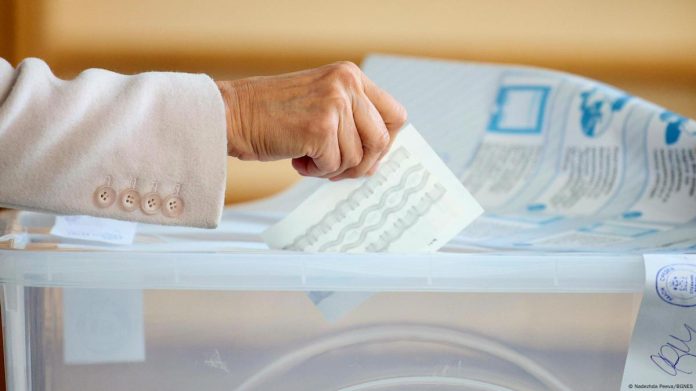In the early parliamentary elections in Bulgaria, which took place on October 27, the pro -Russian and nationalist Party of Eurosceptics "Renaissance" failed, taking only third place with a result of 14% of the vote of 82% of the ballots. According to The Moscow Times, the leader of the election was the pro -centering coalition, which unites the parties "Citizens for the European Development of Bulgaria" (GJC) and the Union of Democratic Forces (SDS), for which more than 26% of voters voted.
In the second place was the Alliance of the Party continue changes and the coalition "Democratic Bulgaria" (PP-DB), which gained about 15% of the vote. The new composition of the National Assembly included seven political associations, two more continue to fight for overcoming the electoral threshold.
Former Prime Minister Boyko Borisov, the Gerb leader, called the victory of his coalition undeniable and assured that he would make every effort to form a new government. He also stressed that he was ready for compromises with most political forces, except for the pro -Russian Renaissance Party.
It should be reminded that the previous elections that took place in the summer brought the greatest support of the Gerb party, but it failed to create a stable government. In August, Bulgaria President Rumen Radev appointed a new technical office, headed by a former Gerb member, now a non -party Dimitar Glavchev.


